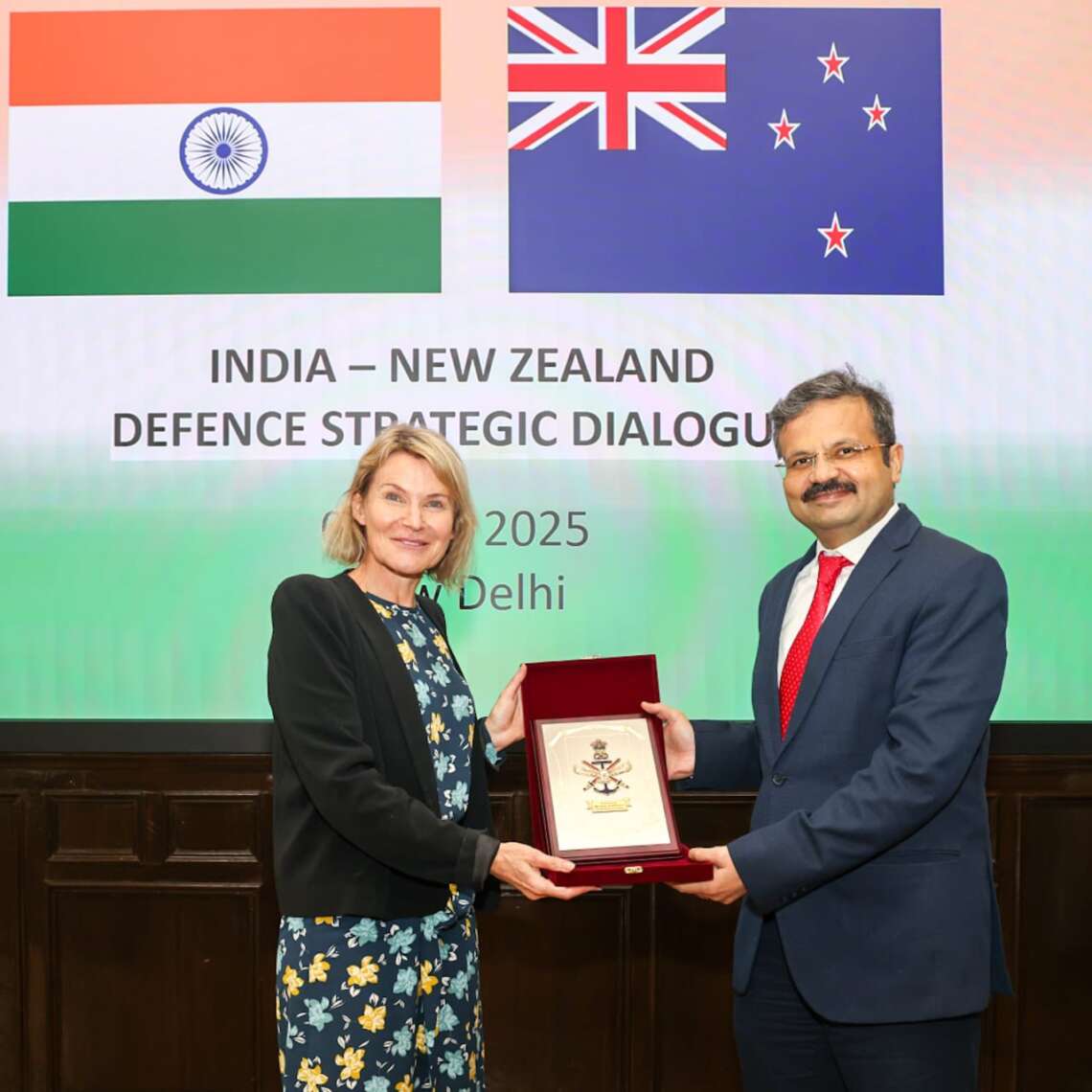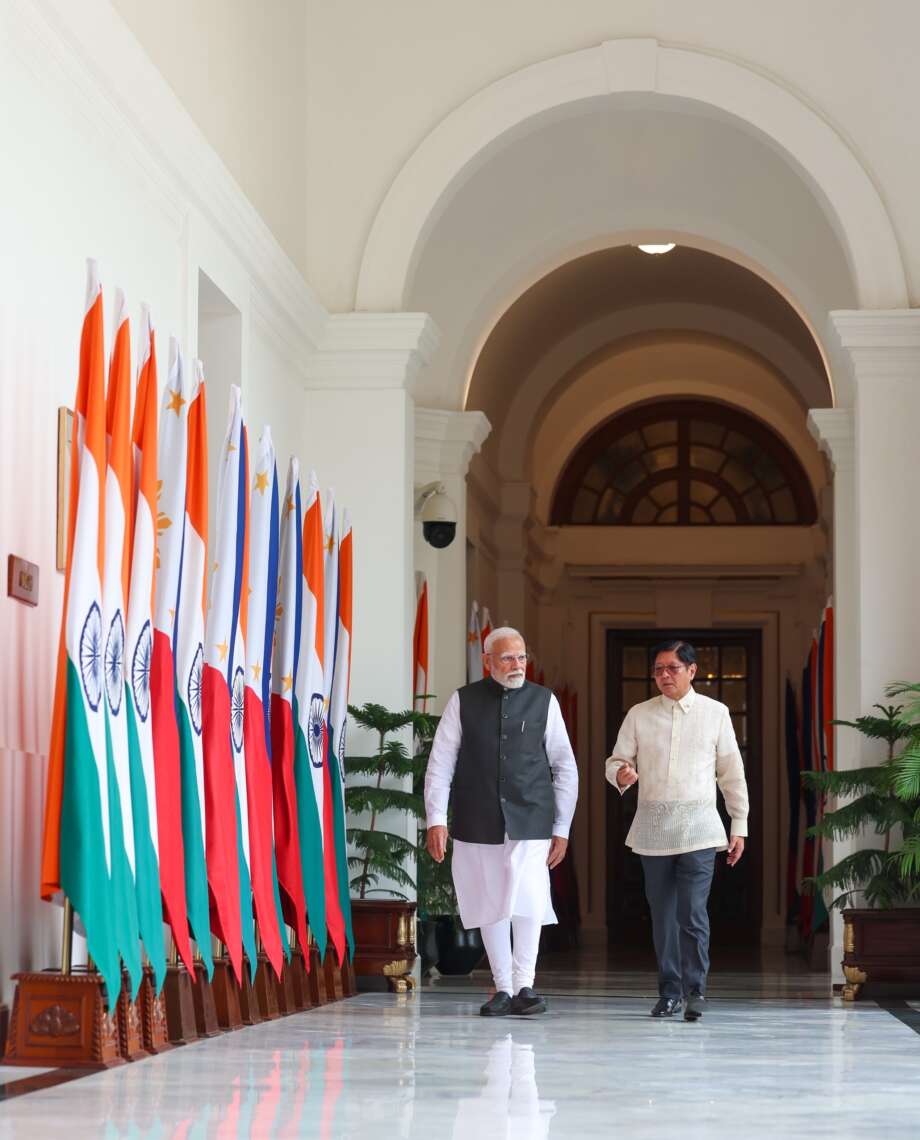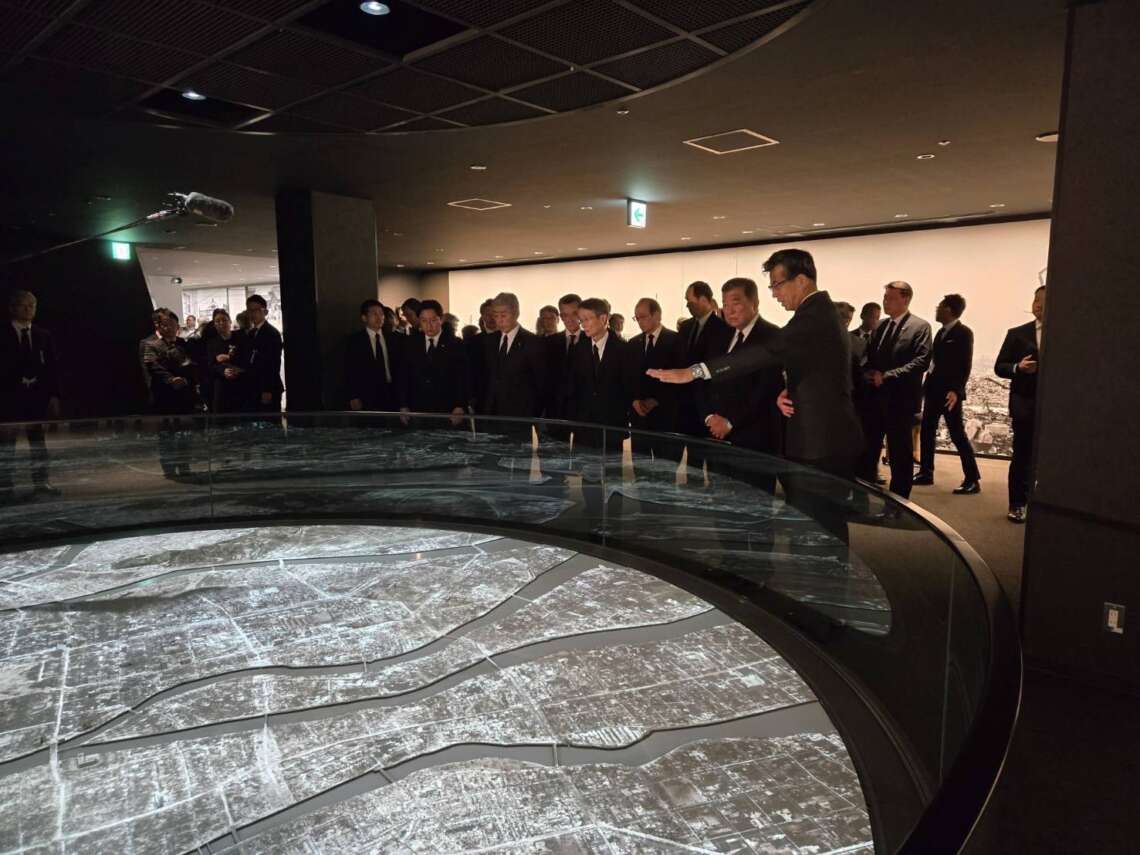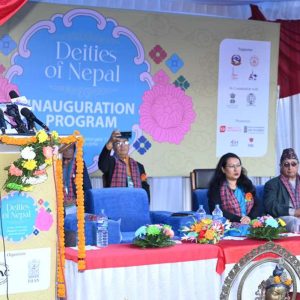India and New Zealand launch their first Defence Strategic Dialogue in Delhi, opening a new chapter in military cooperation, maritime security, and Indo-Pacific coordination….reports Asian Lite News
In a landmark step for military collaboration, India and New Zealand co‑hosted the very first India–New Zealand Defence Strategic Dialogue (INZ DSD) in New Delhi, aimed at enhancing bilateral defence relations and tackling shared security concerns in the Indo-Pacific region.
The inaugural session, conducted on August 5, 2025, was jointly chaired by Amitabh Prasad, Joint Secretary (International Cooperation) in India’s Ministry of Defence, and Kathleen Pearce, Head of the International Branch at New Zealand’s Ministry of Defence. The platform serves as an institutional mechanism under a memorandum of understanding signed by both nations in March 2025.
With mutual satisfaction noted over current defence engagement levels, both sides identified concrete opportunities to deepen cooperation across: training and capacity building, defence industry collaboration, maritime security and intelligence sharing, and multinational operational interoperability.
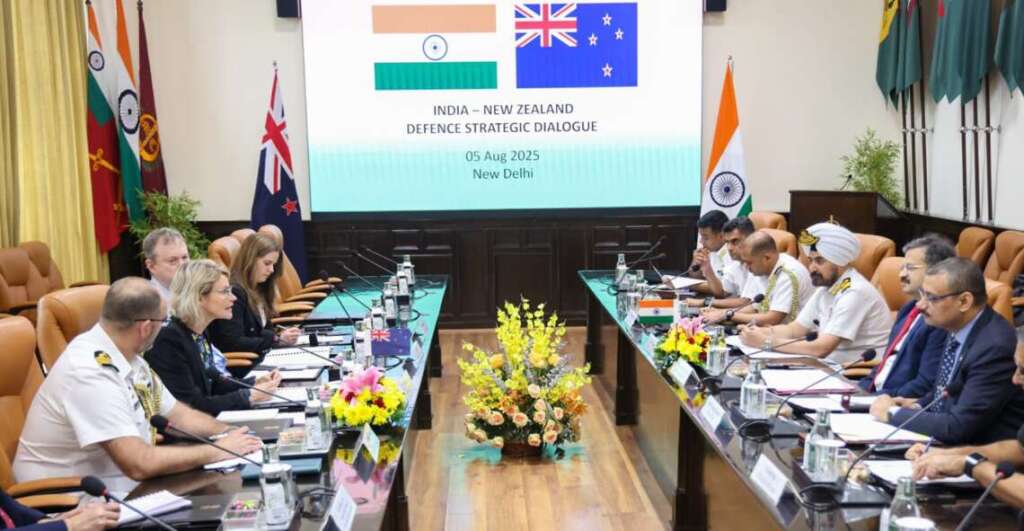
A broad agenda
Emerging domains such as global commons—including cyber, space, and maritime domain—were also highlighted as new areas for future work. Pearce and Prasad discussed potential collaborations to upgrade existing white shipping information exchange mechanisms, a key element in maritime domain awareness.
Recognition for CTF-150
India congratulated New Zealand for its command of Combined Task Force‑150 (CTF‑150), during which five Indian naval personnel were deputed, underscoring coordinated efforts in multi‑national maritime vigilance missions.
Both delegations discussed expanding data-sharing frameworks to safeguard shipping lanes and enhance mutual monitoring of maritime traffic under the White Shipping Information Exchange arrangement, a step aimed at reinforcing collective strategic stability in the region.
The Defence Strategic Dialogue emerges from a March 2025 MoU between New Delhi and Wellington that formally institutionalised bilateral defence coordination. The move reflects a continuing trajectory of expanding ties following Indian President Droupadi Murmu’s state visit to New Zealand in August 2024, and bilateral meetings between Prime Ministers Narendra Modi and Christopher Luxon in March 2025.
This institutional level engagement bolsters existing collaborations encompassing political, educational, economic, and security spheres—rooted in democratic values, deep people-to-people ties, and even a shared affection for cricket.
Broader engagements in Delhi
Prior to the dialogue, Kathleen Pearce called on Union Minister of State for Defence, Sanjay Seth, on August 4. According to Defence Ministry posts on X (formerly Twitter), Seth reaffirmed India’s eagerness to deepen strategic defence cooperation with New Zealand. The same day, Pearce also met Defence Secretary Rajesh Kumar Singh, with both sides enthusiastically welcoming the launch of this new strategic dialogue.
In the social media posts by the Ministry of Defence, both high-ranking officials reaffirmed their commitment to strengthening defence ties across domains—a gesture reflecting alignment and shared intent.
This new mechanism dovetails with the recently concluded Second Round of India–New Zealand Free Trade Agreement (FTA) negotiations held in New Delhi. The talks, which wrapped up on July 25, covered multiple pillars including goods & services trade, investment, rules of origin, regulatory harmonisation, horticultural standards, and customs procedures. Both nations reiterated their shared goal of finalising a balanced and forward‑looking FTA.
Together with diplomatic, economic, and cultural linkages, the Defence Strategic Dialogue rounds out an increasingly comprehensive strategic partnership between the two countries.
The India–New Zealand Defence Strategic Dialogue marks a vital step in expanding strategic depth between two like‑minded democracies in the Indo‑Pacific. Its timing reflects a growing awareness of evolving security challenges—from maritime domain threats and cybersecurity to power projection and multilateral missions. At the same time, it sends a clear message about the value of cross-regional partnerships beyond traditional alliances.
Future editions of the Dialogue are expected to explore more advanced cooperation across joint military exercises, defence procurement, emerging technologies, and joint contribution to international security initiatives. With both New Delhi and Wellington keen on a rules-based regional order, especially in the face of contestation in the Indo-Pacific, such sustained engagement may help shape a more resilient, multilateral security architecture.


